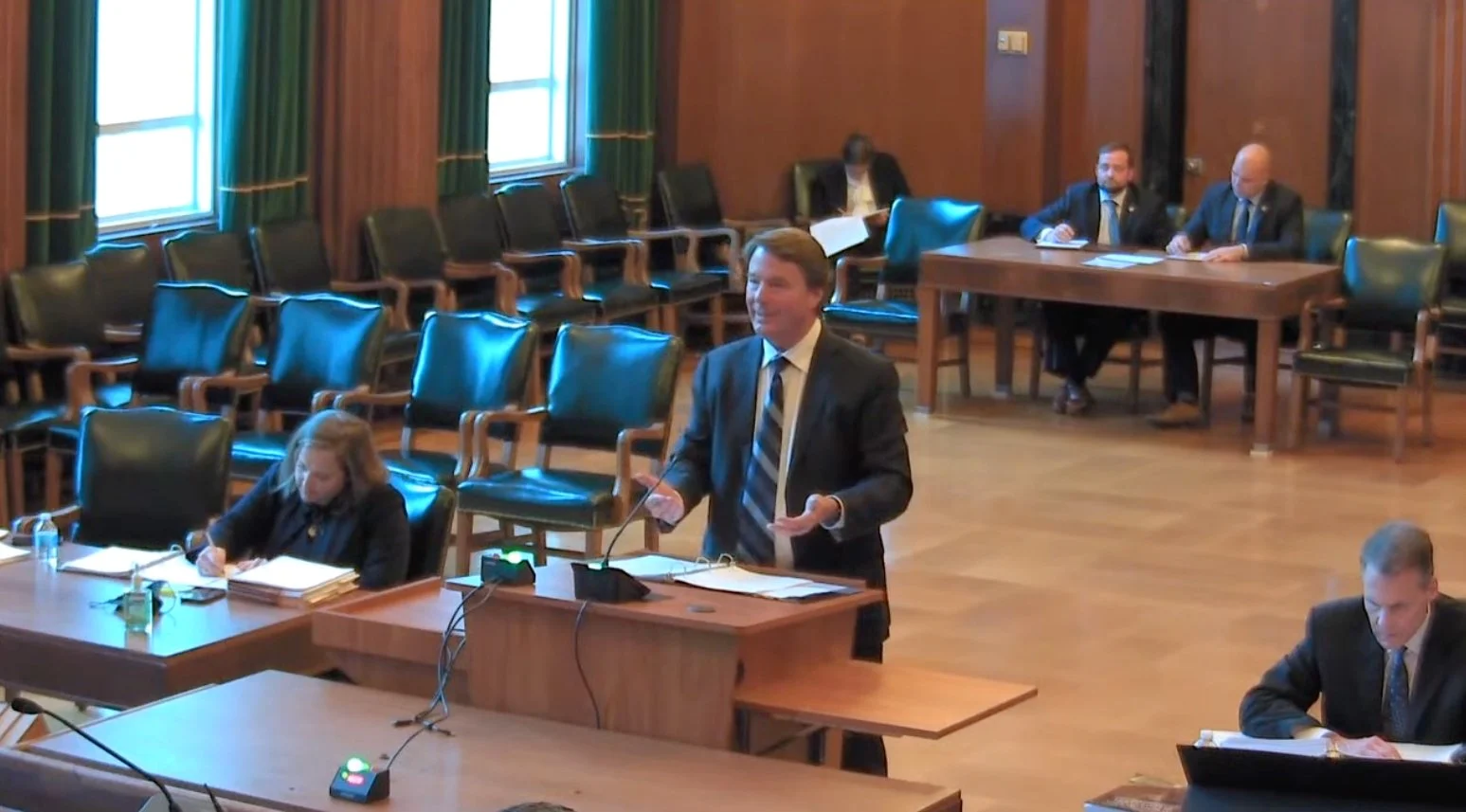Governor Cooper highlights child care stabilization grants at child care center in Asheville
RALEIGH: Governor Roy Cooper visited and toured the Irene Wortham Early Learning Center in Asheville and continued to encourage providers to apply for the NC Child Care Stabilization Grants. The historic $805 million investment will support families with access to high-quality, affordable child care and help early care and learning programs with recruitment and retention.
“Child care is essential to healthy child development and helping parents succeed in the workforce,” Gov. Cooper said. “These funds will support child care centers, help parents get good-paying jobs and boost the economy so we can emerge from this pandemic stronger than ever.”
“Meeting the needs of our families, young children and our state's economy depends on high-quality early care and learning teachers,” said Ariel S. Ford, NCDHHS Director of Division of Child Development and Early Education. “Child Care Stabilization Grants will allow North Carolina’s early care and learning programs to attract and keep well-prepared education professionals.”
At the Irene Wortham Early Learning Center, children ages six weeks to Pre-K with and without developmental challenges learn, play and grow together in an integrated setting. The early learning center is part of the Irene Wortham Center, a 501C(3) non-profit organization that helps children and adults with and without developmental and/or socioeconomic challenges lead healthier, happier, fuller and more independent lives. The Irene Wortham Center includes an adult day activities program, supported employment and residential homes.
“Irene Wortham Early Learning Center is a 5-star-rated Developmental Day Program serving children 6 weeks of age through preschool in an inclusive environment. Our Developmental Day designation means that roughly 40% of our enrollment is earmarked for children with special needs in an inclusive environment,” said Aimee Spooner, Children’s Services Coordinator at the Irene Wortham Center, Inc. “An inclusive center is a community where children and adults are treated as individuals while maintaining a sense of belonging to the group. We value, respect, and respond to diversity within the parameters of culture, ethnicity, language and ability. Our low teacher to child ratios allows teachers to focus on the individual learning styles and needs of each child. Utilizing ongoing assessment, teachers embed individual developmental goals into lesson plans, document progress and utilize the data to be able to work with families to gain access to services if needed.”
The NC Child Care Stabilization Grants were made possible from the 2021 American Rescue Plan Act. President Biden’s Build Back Better framework, currently being negotiated in Congress, would invest billions of dollars in high-quality child care. The plan includes universal preschool for all 3 and 4-year olds and an expansion of the child tax credit.
The NC Economic Development Strategic Plan identifies access to high-quality early care and learning as a key strategy for building North Carolina’s economy. Employers benefit when working parents know their children are receiving quality care in a healthy environment. The NC Child Care Stabilization Grants will help early care and learning programs strengthen their recruitment and retention and promote equity for children, parents and teachers.
More than $300 million in emergency funding has been directed toward the early care and learning system since March 2020 in North Carolina. This has helped families, teachers and programs stay resilient during the pandemic. These grants will further the state’s efforts to support working families by providing them with access to high-quality, affordable child care.
All private, licensed early care and learning programs are eligible and encouraged to apply for Child Care Stabilization Grants, including for-profit and not-for-profit programs, family child care homes and faith-based centers. Grant recipients may use the funds for a range of activities including personnel costs; mental health supports; payments for rent, mortgage, utilities, facility maintenance, or insurance; personal protective equipment (PPE); equipment and supplies; and goods or services necessary to maintain or resume child care.
The Child Care Stabilization Grants applications are open on a rolling basis. To access the application, or to learn more about the program, visit https://ncchildcare.ncdhhs.gov/Home/Stabilization-Grants.
Video footage of this event will be available for media use here.



